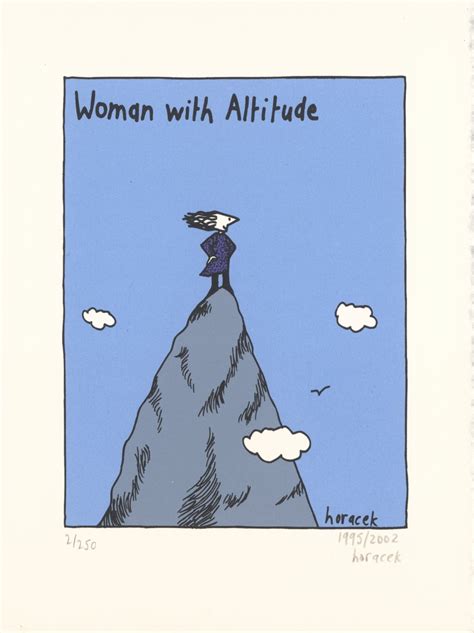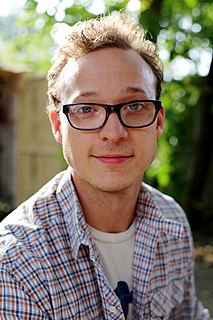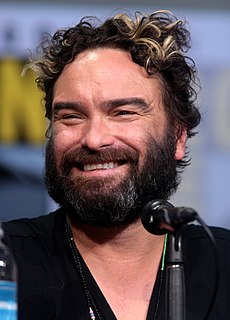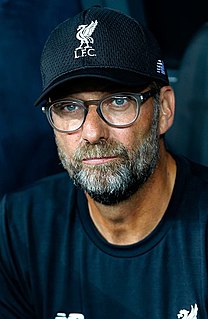A Quote by Ashleigh Brilliant
One good thing about my computer: it never asks why.
Related Quotes
When I watch TV, and TCM isn't on, I just switch channels and look at all the information about everything. The internet is perfect for that, which is why I didn't really want to get a computer in the first place. I thought, "If I have a computer and know about this whole Google thing, I am not going to be able to sit still for a second; I'm going to think about something and then have to look it up." I have never bought myself a computer or a phone, but guys in my life have bought them for me, for whatever reason. So now I have them.
I've always loved animation it's the reason why I do what I do for a living - the films of Walt Disney. This art form is so spectacular and beautiful. And I never quite understood the feeling amongst animation studios that audiences today only wanted to see computer animation. It's never about the medium that a film is made in, it's about the story. It's about how good the movie is.
I've never been much of a computer guy at least in terms of playing with computers. Actually until I was about 11 I didn't use a computer for preparing for games at all. Now, obviously, the computer is an important tool for me preparing for my games. I analyze when I'm on the computer, either my games or my opponents. But mostly my own.
I'm a husband and a dad. Two thirds of my day is spent being that character. It's a huge part of my identity and why I pursue things I do. I'm interested in questions my son asks me, like, "Why do animals fight? Why do you have to leave us to go on the road?" Everything he asks gets me thinking. If I'm going to do this, sacrifice time with family and friends, sacrifice resources, I need to think carefully about what I going to say and how I'm going to say it.
The concept of why is already in the vernacular. It is now a noun. "That company doesn't know their why." "They need to learn their why." "That politician needs to understand his why." We talk about it as a noun. That never existed prior to 2009. That never existed prior to 2006 when I first started articulating it. This is the most amazing thing to me. It has now become a concept. It's part of the way we think about businesses and transactions and decisions.


































